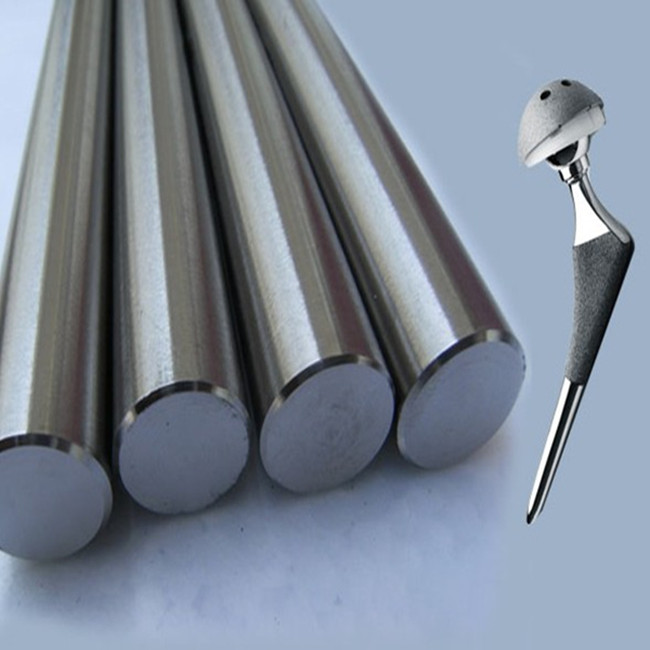The list of titanium benefits is lengthy. This makes it incredibly useful for a number of different industries, including the automotive, aerospace and architectural worlds. But because titanium resists corrosion, is biocompatible and has an innate ability to join with human bone, it has become a staple of the medical field, as well. From surgical titanium instruments to orthopedic titanium rods, pins and plates, medical and dental titanium has truly become the fundamental material used in medicine.
Titanium 6AL4V and 6AL4V ELI, alloys made of 6% Aluminum and 4% Vanadium, are the most common types of titanium used in medicine. Because of its harmonizing factor with the human body, these titanium alloys are popularly used in medical procedures, as well as in body piercings. Also known as Gr. 5 and Gr. 23, these are some of the most familiar and readily available types of titanium in stock.
Ti-6Al-4V and Ti-6Al-4V ELI offer greater fracture-resistance when used in dental implants. The implant procedure begins with the insertion of a titanium screw into the jaw. The screw resembles and acts like the root of the tooth. After an allotted amount of time has passed for the bone to have grown into the medical grade titanium screw, a fake tooth is connected to the implant.
· Strong
· Lightweight
· Corrosion Resistant
· Cost-efficient
· Non-toxic
· Biocompatible (non-toxic AND not rejected by the body)
· Long-lasting
· Non-ferromagnetic
· Osseointegrated (the joining of bone with artificial implant)
· Long range availability
· Flexibility and elasticity rivals that of human bone
